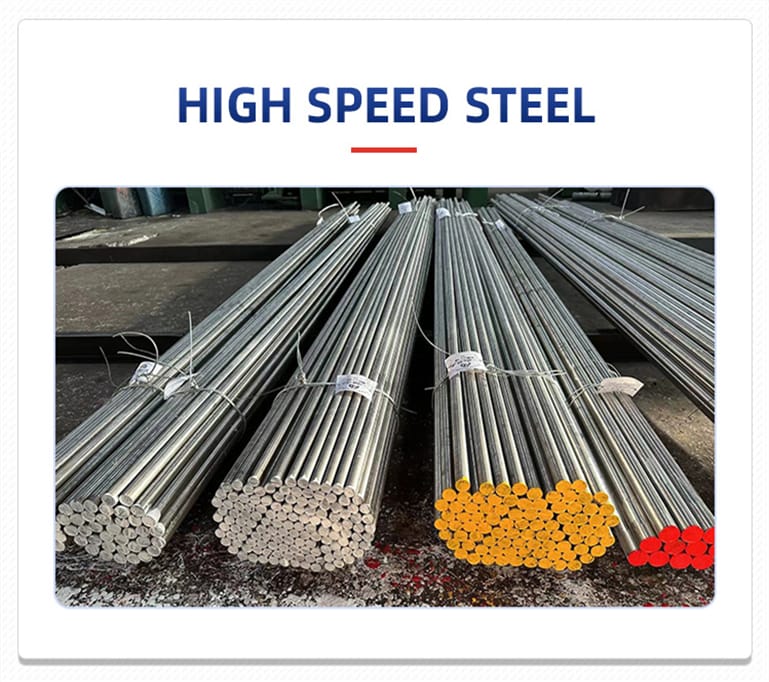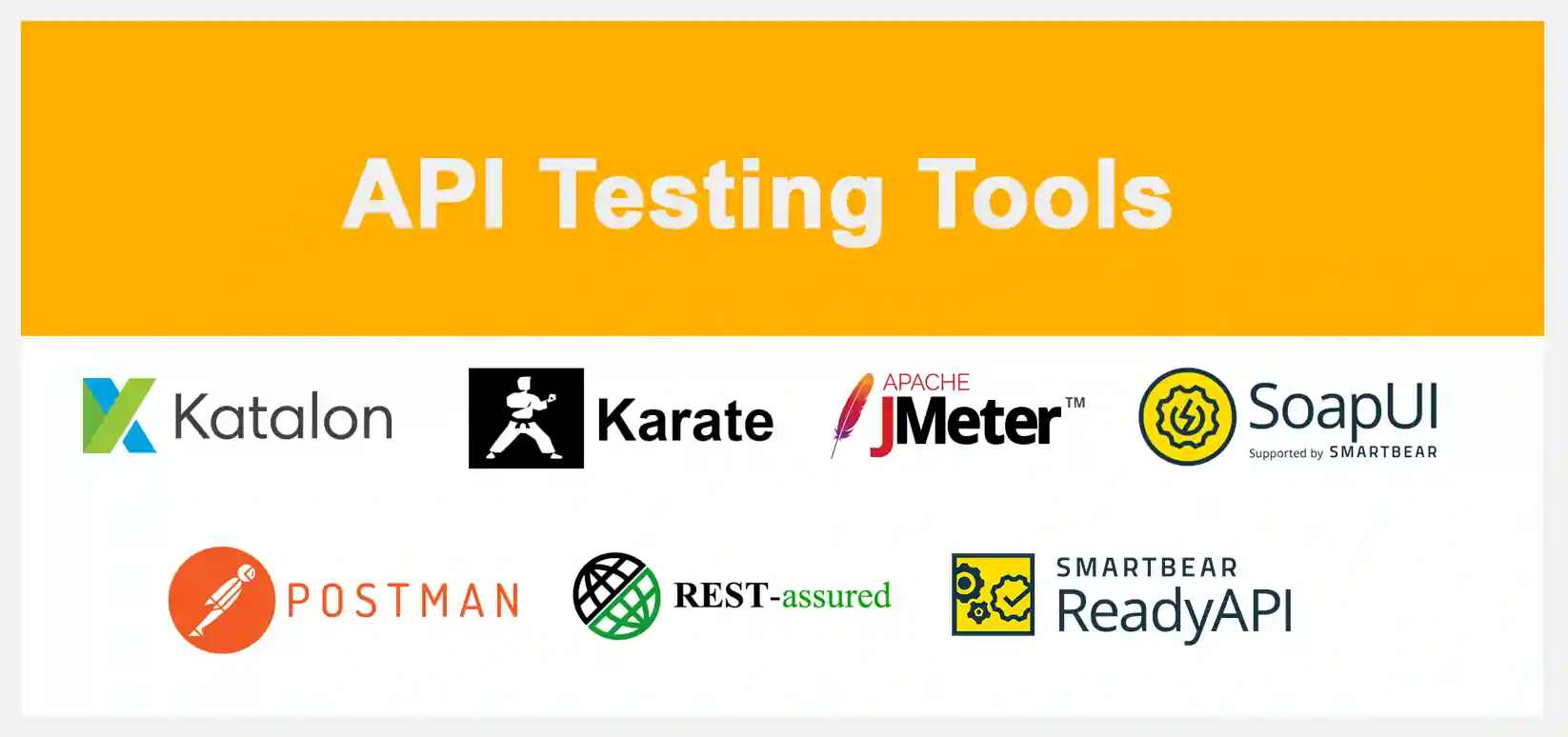Steel is one of the most widely used construction materials across the globe. Different ASTM (American Society for Testing and Materials) standards define grades, chemical compositions, and performance characteristics that help industries select the right type of steel for their projects. Among the most frequently used standards are ASTM A500, ASTM A36, and ASTM A992, each designed for specific structural applications.
This article explores three key areas:
-
ASTM A500 round structural tubing price
-
ASTM A36 mechanical properties price
-
ASTM A992 vs A36 price comparison per ton
By understanding these factors, buyers, engineers, and contractors can make informed purchasing decisions based on budget, performance requirements, and project scale.
1. ASTM A500 Round Structural Tubing Price
Overview of ASTM A500 Tubing
ASTM A500 covers cold-formed welded and seamless carbon steel structural tubing in round, square, and rectangular shapes. It is commonly used for structural applications, including:
-
Construction frameworks
-
Bridges and infrastructure
-
Industrial equipment supports
-
Piping columns and mechanical applications
The round tubing version is preferred when uniform strength distribution is required, such as in scaffolding, mechanical frames, and load-bearing structures.
Price Factors of ASTM A500 Round Tubing
The price per ton or kilogram of A500 tubing is influenced by several variables:
-
Raw Material Costs – Carbon steel production is tied to iron ore, coal, and scrap steel markets. Fluctuations in raw material prices directly affect A500 tubing costs.
-
Tube Size and Thickness – Smaller diameter thin-walled tubes cost less than heavy-duty large-diameter tubing.
-
Grade – ASTM A500 comes in Grades A, B, C, and D, with Grade C being the most widely used. Higher strength grades generally cost more.
-
Market Region – In Europe and North America, A500 tubing pricing often reflects regional energy costs, labor costs, and import/export duties.
-
Supply and Demand – Large infrastructure and construction projects can drive temporary price hikes.
Average Market Price
As of recent global market trends:
-
Price per ton: $650 – $950 (depending on grade and size)
-
Price per kg: $0.65 – $0.95
Round tubing tends to be slightly more expensive than square or rectangular tubing due to manufacturing complexity and uniformity requirements.
2. ASTM A36 Mechanical Properties and Price
Understanding ASTM A36 Steel
ASTM A36 is a mild carbon steel widely recognized for its versatility. It is used in:
-
Bridges, buildings, and general construction
-
Plates, bars, and beams
-
Equipment manufacturing
-
Automotive and machinery components
Its popularity comes from its combination of good mechanical properties, ease of fabrication, and affordability.
Mechanical Properties of ASTM A36
-
Tensile strength: 400 – 550 MPa
-
Yield strength: 250 MPa (36 ksi minimum)
-
Elongation: 20% in 200 mm
-
Hardness: Brinell 119 – 162
These properties make A36 suitable for welding, machining, and forming. It is not an alloy steel, so it does not perform as well in high-strength or high-temperature environments compared to structural steels like ASTM A992.
Price of ASTM A36 Steel
Due to its wide availability, A36 remains one of the cheapest structural steels in the market.
-
Price per kg: $0.60 – $0.85
-
Price per ton: $600 – $850
The cost varies by form (plates, bars, beams, or channels). Plates tend to cost slightly more due to processing requirements.
3. ASTM A992 vs ASTM A36 Price Comparison Per Ton
Overview of ASTM A992
ASTM A992 is a structural steel primarily used for wide-flange beams. It is designed to offer higher strength, better weldability, and improved toughness compared to A36. It has largely replaced A36 in large-scale structural applications in North America.
Key Properties of ASTM A992 vs ASTM A36
| Property | ASTM A36 | ASTM A992 |
|---|---|---|
| Yield Strength | 250 MPa (36 ksi) | 345 MPa (50 ksi) |
| Tensile Strength | 400–550 MPa | 450–550 MPa |
| Weldability | Good | Excellent (low carbon) |
| Common Application | General construction | Bridges, skyscrapers, heavy structures |
Price Comparison
-
ASTM A36: $600 – $850 per ton
-
ASTM A992: $700 – $1,000 per ton
On average, ASTM A992 is 10–20% more expensive per ton compared to A36. However, because of its higher yield strength, less material may be required to achieve the same structural performance. This can actually reduce overall project costs in large-scale applications.
Market Trends and Future Outlook
-
Rising Global Demand – Infrastructure development in Asia, the Middle East, and Africa continues to drive demand for structural tubing and plate steel.
-
Green Steel Initiatives – The steel industry is moving toward carbon-neutral production, which could increase costs in the near term but provide long-term sustainability.
-
Regional Price Differences –
-
Europe: Higher energy costs and stricter regulations push steel prices up.
-
Asia: Competitive pricing due to large-scale production in China and India.
-
North America: Stable but slightly higher prices due to domestic demand and trade tariffs.
-
-
Raw Material Fluctuations – Scrap steel and iron ore pricing will continue to play a major role in determining A36, A500, and A992 steel costs.
Conclusion
When comparing ASTM A500 round tubing, ASTM A36 steel, and ASTM A992, the key takeaway is that pricing depends heavily on strength requirements, application type, and regional market conditions.
-
ASTM A500 Round Tubing is valued for structural integrity in tubular applications, costing around $650 – $950 per ton.
-
ASTM A36 Steel remains the most affordable option, widely used in general construction at $600 – $850 per ton.
-
ASTM A992 offers superior strength and weldability, priced at $700 – $1,000 per ton, and is often more cost-effective in large-scale projects despite higher per-ton prices.
For buyers, engineers, and contractors, the choice between these steels depends on project specifications. Where cost is the main factor, ASTM A36 dominates. Where performance and efficiency matter, ASTM A992 and A500 are the better options



